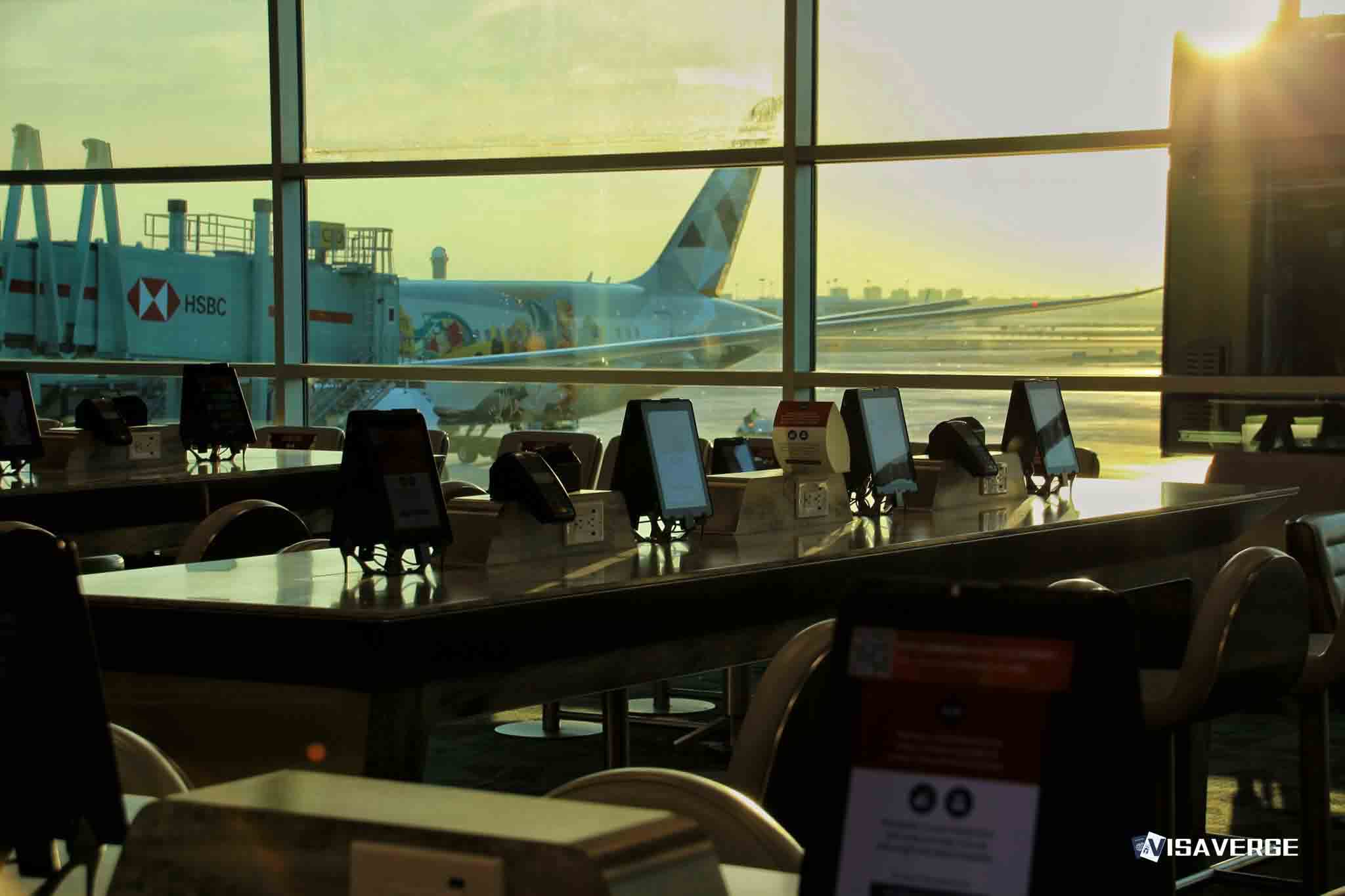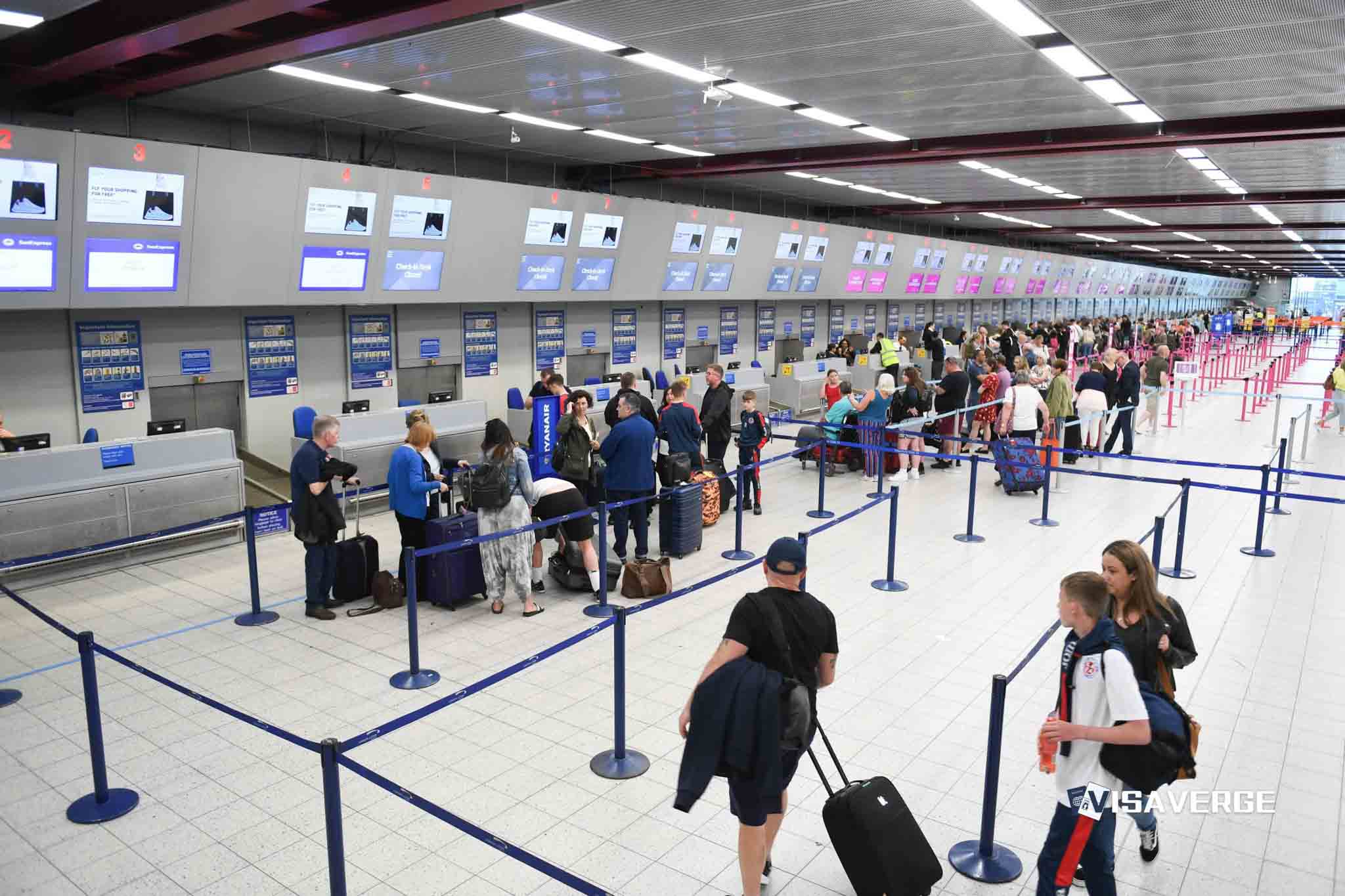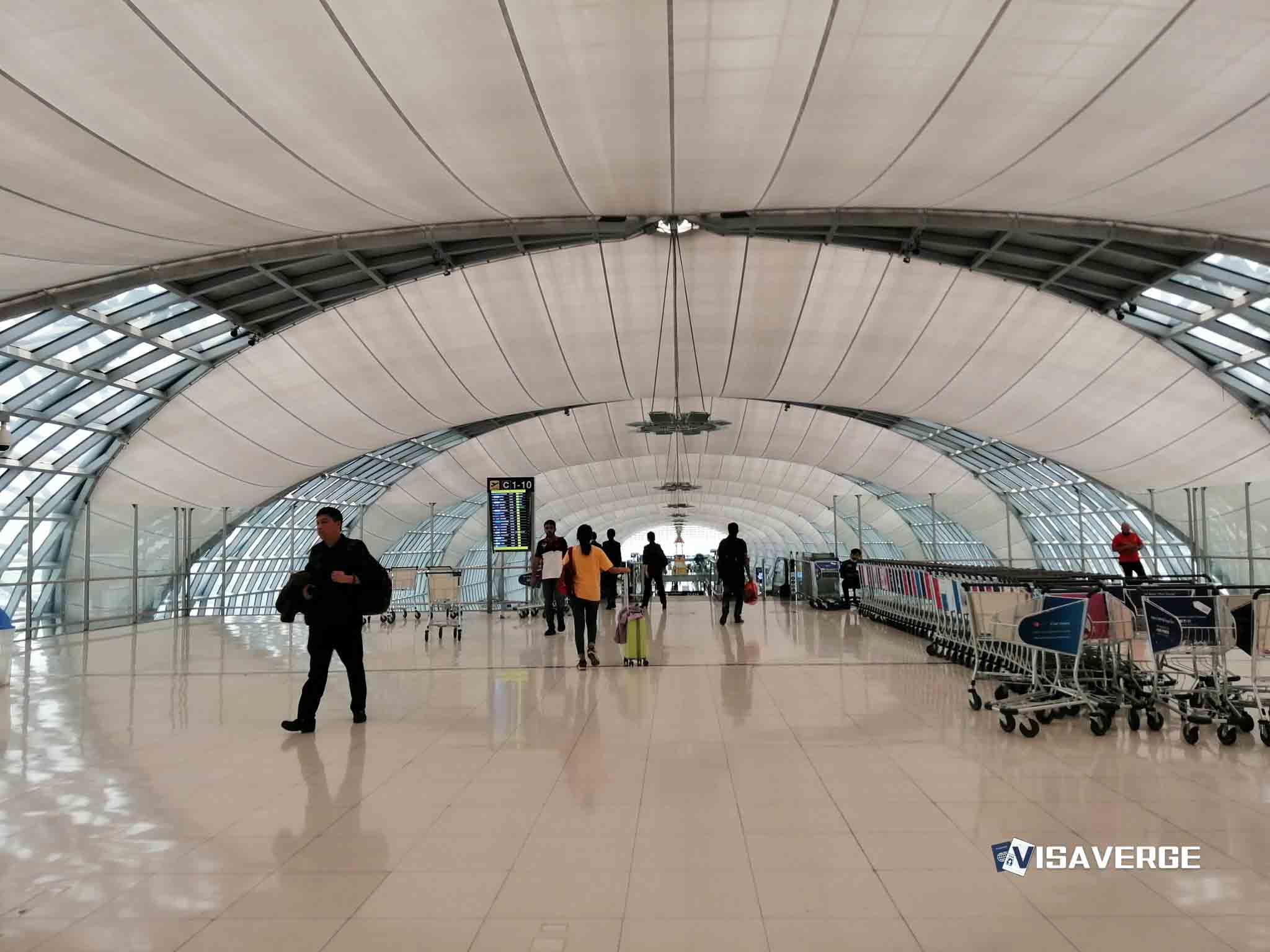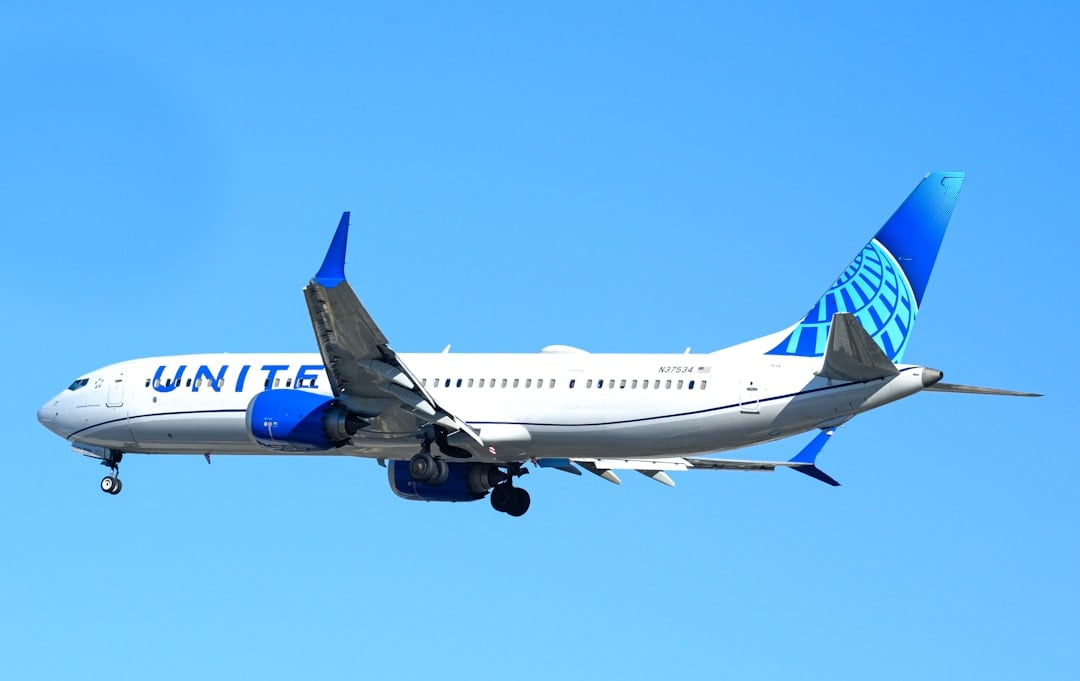(PATTAYA) Thailand has launched a sweeping visa crackdown in 2025, revoking nearly 10,000 student visas and rolling out QR code-based compliance checks that are reshaping daily life for foreigners in Pattaya and beyond. On August 22, 2025, Higher Education Minister Sudawan Wangsuphakijkosol said student permits were canceled after investigations found widespread abuse, including foreigners—many of them Chinese—using education visas to work illegally or overstay without attending classes.
The Immigration Bureau, led by Deputy Commissioner Panthana Nuchanart, has begun cross-checking enrollment and residency records in real time. Schools must now submit monthly attendance and progress reports for every foreign student. Unannounced inspections are underway, and agencies are sharing data to spot mismatches between where students say they live, study, and work.

Policy changes and enforcement
Officials say the goal is to restore order without shutting the door to genuine learners. But the measures go far beyond previous campaigns, and the immediate impact is being felt in Pattaya, home to large expat communities and language schools.
Key measures and enforcement actions:
– Nearly 10,000 student visas revoked since the start of the year, following audits of enrollment and attendance.
– Monthly reports from all institutions enrolling foreigners, detailing attendance and academic progress, are now mandatory under the Higher Education Ministry’s directives.
– Unannounced inspections and cross-agency data sharing are standard practice, with penalties up to program suspension or revocation for non-compliance.
– Over 100+ immigration officials under investigation for alleged bribery tied to fraudulent approvals, according to ongoing probes.
– Rollout of QR code checks to confirm class attendance and log entries at certain venues, focusing on high-risk categories, including education and “destination Thailand” visas.
– Prior approval now required for non-degree programs taking foreign students, with detailed student data submitted before enrollment.
The Immigration Bureau has urged applicants to check official updates before visiting counters, as requirements can change with little notice. The agency’s public guidance and service updates are available on the Immigration Bureau of Thailand website.
How the QR-code system works (and daily life effects)
In Pattaya, expats describe a quick shift to QR code routines: scanning a code at the language school gate, tapping another at the dorm, and presenting a phone screen at venues that ask for entry verification. These checks feed into real-time systems that compare student status with reported addresses and class logs.
The push is part of a broader digital compliance plan linking immigration, law enforcement, and the education ministry. Officials say tighter coordination will close loopholes that allowed some students to remain on paper while working off the books.
Some practical consequences reported:
– Banks may impose extra checks or temporary limits on accounts tied to visas under review.
– A shift toward digital wallets and peer-to-peer payment apps (e.g., PayPal, Venmo) for rent, tuition, and daily costs is occurring among affected residents.
– Time-stamped QR records link a person, a place, and a program requirement, allowing officers to confirm attendance and presence quickly.
QR-code tools create verifiable, time-stamped records that match a person to a place and a program — a simple way for officers to confirm if a student is where they said they would be.
Impact on students and Pattaya’s expat community
The immediate risk is clear: anyone found on a student visa without genuine enrollment, or with weak attendance, faces immediate cancellation and possible deportation. Reports describe on-the-spot removals when checks reveal no classes or false addresses.
Legitimate students can still stay, but the bar is higher. Attendance must be consistent, addresses must match filings, and schools must be able to produce records quickly. Even small errors—such as a missed attendance scan—can trigger follow-up visits.
Lawyers and immigration advisers warn that the campaign, while protecting program integrity, adds heavy paperwork and uncertainty for families who came for language or short-term courses. Some universities push back, arguing blanket rules risk scaring away genuine applicants. Schools still report backlogs and unclear instructions.
Responsibilities and recommended actions:
Educational institutions:
– Submit non-degree programs to MHESI for approval before enrolling foreign students.
– File the required monthly reports on enrollment, attendance, and progress.
– Prepare for random inspections and cooperate with data-sharing requests.
Foreign students / expats:
– Attend all classes, keep documents handy, and expect random checks.
– Use required QR code systems for check-ins at schools and designated venues.
– Monitor banking arrangements, as visa status reviews can affect account access.
Real-world example:
– A student in a non-degree Thai language course in Pattaya scans a QR code at the school door each week. The school uploads attendance logs. If the student misses scans or changes addresses without updating records, a follow-up visit can arrive with little warning.
Historical context and next steps
Thailand has battled visa abuse for years, with notable operations in 2018–2019 under then-Immigration Chief Surachate Hakparn (“Big Joke”). Officials now call the 2025 campaign the most extensive to date, promising ongoing reviews and adjustments to balance security and access.
Upcoming milestones:
1. September 2025 — a nationwide university briefing will outline standard procedures and answer administrators’ questions.
2. Expect more guidance on:
– Attendance tracking methods
– Data formats for reporting
– Reporting thresholds and thresholds for enforcement actions
For now, the baseline is strict: attend class, keep records clean, and be ready to show proof. Schools should assume random audits and prepare digital files consistent with what immigration officers will see. Students should keep copies of enrollment letters, receipts, and address filings, and use QR-code check-ins every time.
Authorities emphasize the campaign is not aimed at closing Thailand’s doors, but at stopping abuse that undermines trust. Universities argue that a clear, fair path for genuine students is essential for the education sector. Both points hold weight and will be tested in the coming months.
Economic and sector effects
Pattaya’s economy leans on foreign residents—from long-stay retirees to short-course students. The visa crackdown is already reshaping business patterns:
– Increased demand for compliance services and legal advice.
– Fewer informal jobs open to students.
– Stricter gatekeeping at schools that previously recruited widely.
Some ripple effects may be temporary; others could persist. For applicants weighing study plans, the practical advice is:
– Choose a real program and the right visa type for your purpose.
– Budget time for checks and bureaucracy.
– Expect digital trails and enforceable attendance requirements.
– If your purpose is work, apply for the correct permit rather than using student papers.
Enforcement will continue. Officials say more audits are underway and results will feed back into system design. Families and students planning to arrive later this year should follow the ministry briefing in September and check the Immigration Bureau’s updates before booking travel.
The rules may feel strict and QR-code checks intrusive, but the direction is clear: real attendance, real addresses, and real programs are now the price of a Thai study stay. For those who meet that standard, the door remains open.
This Article in a Nutshell
Thailand’s 2025 visa crackdown revoked nearly 10,000 student visas, added QR-code attendance checks, monthly reporting, and real-time data sharing, prompting inspections, investigations into corrupt officials, and higher compliance burdens for schools and students.








